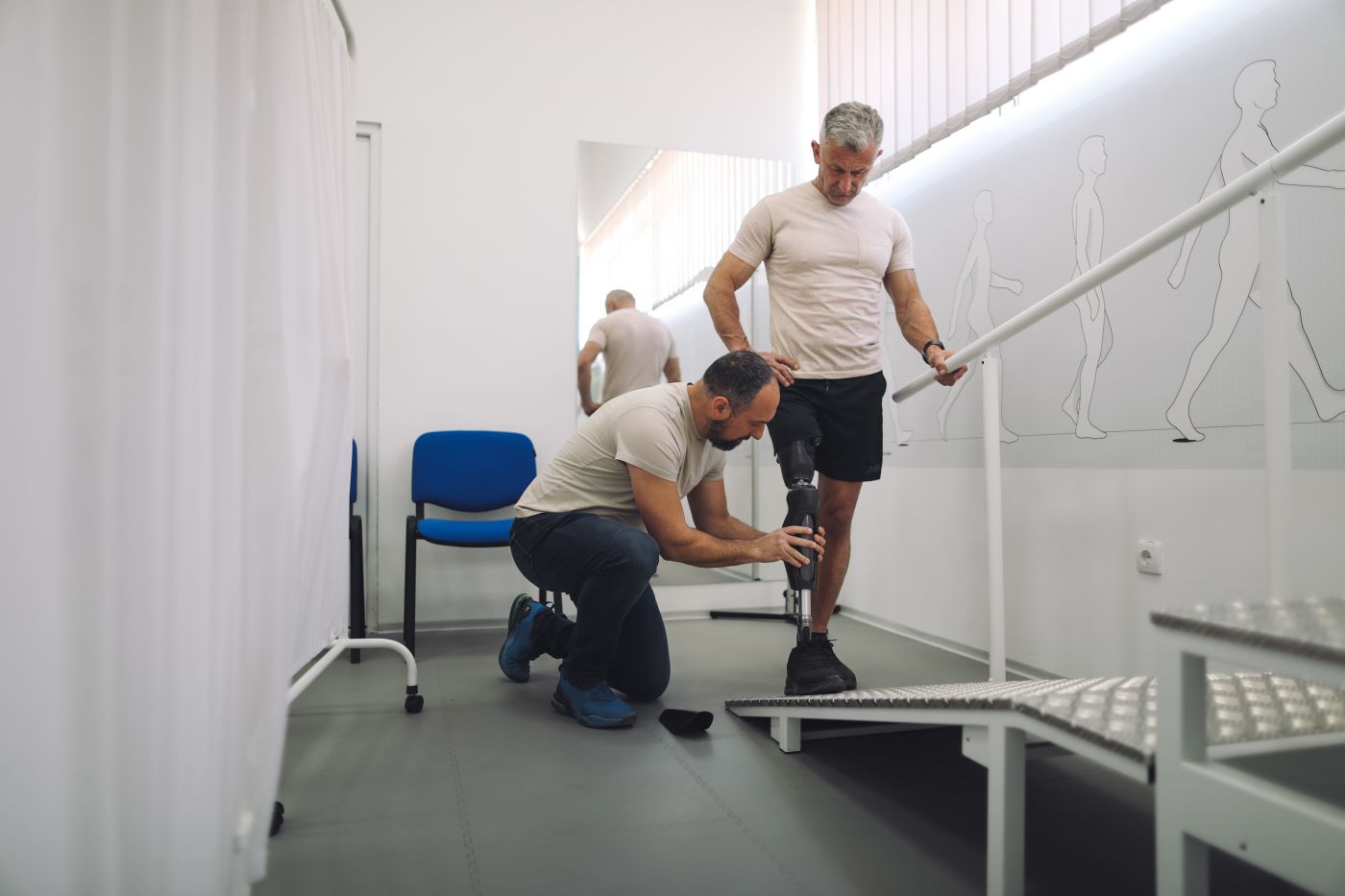Bicycling offers numerous benefits, including transportation, recreation and exercise. Regular riding can boost cardiovascular fitness, enhance joint mobility and reduce stress. However, to enjoy these benefits safely, it’s essential to understand the laws and regulations designed to protect cyclists.
Florida considers bicycles to be vehicles, and bicyclists have the same rights and responsibilities as motorists. Understanding these laws is crucial for keeping everyone safe on the road.
Knowing and following Florida’s cycling laws helps reduce accidents and promotes safety. Cyclists must obey traffic signals, ride with the traffic flow and use lights at night. By adhering to these laws, cyclists and motorists contribute to a safer environment for everyone.
Safety rules that aim to keep cyclists safe
Bicycle riders are extremely vulnerable; even minor crashes can lead to severe injuries. More than half of all traffic accidents involving bicycles occur at night or dusk. The state has rules designed to protect cyclists and motorists alike:
For cyclists:
Always wear a properly fitted helmet
Use a headlight, taillight and reflectors when riding at night
Wear light-colored or reflective clothing to increase visibility
Follow all traffic rules as you would when driving a car
Use hand signals with motorists and cyclists when turning or stopping
Ride with the flow of traffic and obey all traffic signals
Treat bike lanes as any other traffic lane
Yield to pedestrians and give an audible signal when passing
For motorists:
Stay alert and watch for cyclists, especially at night
Maintain a minimum of three feet when passing a cyclist
Never open car doors when the possibility exists of injuring a cyclist
Be cautious at intersections and yield to cyclists when necessary
Avoid distractions and never drive under the influence of alcohol or drugs
Florida’s “Share the Road” partnership encourages mutual respect between motorists and cyclists. It promotes awareness and education to ensure everyone understands their responsibilities, making roads safer for all users.
What about e-bikes?
E-bikes in Florida are subject to specific regulations. They are classified into three categories based on speed and operational features. E-bike riders must adhere to the same rules as traditional cyclists, including using lights at night and yielding to pedestrians. Local governments may have additional restrictions, so always check local ordinances before riding.
For those involved in bicycle accidents, seeking legal guidance from an experienced bicycle accident lawyer can be essential. A skilled attorney can help you understand your rights and work towards getting the compensation you deserve.




